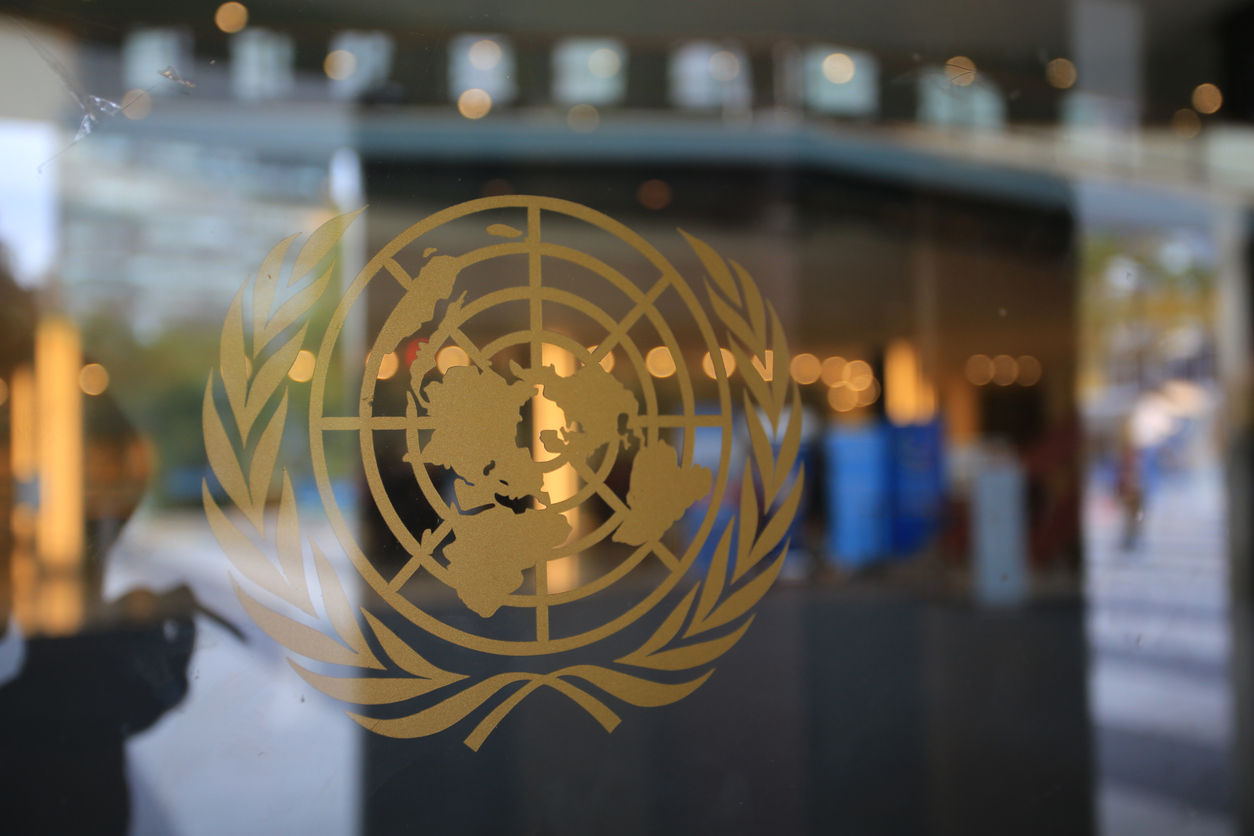Race Against Time: Can UN Climate Talks Deliver a Lifeline for a Heating Planet?
As the clock ticks down in Azerbaijan, negotiators at the United Nations annual climate conference face mounting pressure to hammer out a deal that could reshape the future of global climate policy. Central to the discussions is an ambitious goal: securing at least $1.3 trillion in climate financing to aid vulnerable nations grappling with the devastating impacts of climate change. With only hours left for meaningful progress, frustration and urgency are palpable, threatening the success of one of the most critical climate summits in recent memory.
The High Stakes of Climate Finance
At the heart of the negotiations is the demand for developed nations to shoulder their financial responsibility. Vulnerable countries argue that the requested $1.3 trillion—needed to address climate damage, adapt to new environmental realities, and build clean-energy infrastructure—is the bare minimum to avert catastrophe.
Experts, including those from the Environmental Defense Fund, stress that even $1 trillion is necessary to begin tackling the crisis. Yet, offers on the table fall woefully short. Figures as low as $200 billion have been floated, sparking outrage among climate advocates and negotiators from developing nations.
Diego Balanza, chair of the Like-Minded Group, lambasted wealthy nations for sidestepping their commitments:
"Developed countries whose legal obligations it is to provide finance continue to shift their responsibility to developing countries."
In contrast, European climate envoy Wopke Hoekstra urged negotiators to focus first on the structure of the financial mechanisms before settling on numbers, advocating for a balance between ambition and realism.
The Complex Puzzle of Climate Finance
Negotiators face three main challenges in finalizing a climate finance agreement:
- The Total Amount: Should the fund target $1.3 trillion, or will a compromise figure suffice?
- Grants vs. Loans: Developing nations argue for grants to avoid further debt, while wealthier nations favor loans and private-sector involvement.
- Contributors: Should emerging economies like China and India, now major polluters, contribute alongside traditional donors?
Juan Pablo Hoffmaister of the Environmental Defense Fund summed up the stakes:
"We need to fix this over the next 72 hours. Frustration is palpable."
The wrangling over these issues reveals a deeper rift between global north and south, highlighting disparities in climate responsibility and capacity to act.
Progress Amid the Chaos
Despite the heated debates on finance, there has been measured progress in other areas. South Africa's climate minister, Dion George, reported commitments from nations to honor the Dubai consensus, a pledge to transition away from fossil fuels made during last year’s conference.
Similarly, New Zealand’s climate minister, Simon Watts, expressed optimism about Article 6, a system to slash emissions through carbon credits. This mechanism allows countries to offset their pollution by investing in emission reductions elsewhere.
While these advancements offer glimmers of hope, the looming issue of finance casts a long shadow over the talks.
A Global Call for Justice and Urgency
The summit has also become a stage for broader reflections on the global climate crisis and its intersection with geopolitical issues. Panama’s climate envoy, Juan Carlos Monterrey Gomez, delivered a scathing critique of global priorities, pointing to the $2.5 trillion spent annually on military expenditures:
"For $2.5 trillion to kill each other, it’s not enough, but one trillion to save lives is unreasonable? Causing our own extinction is the most ridiculous thing. At least the dinosaurs had an asteroid. What is our excuse?"
Similar sentiments were echoed by Palestinian and Ukrainian representatives, who spotlighted the environmental toll of armed conflicts. Nisreen Tamimi from Palestine described the environmental devastation of Gaza, warning of "ecocide" and emphasizing the environment as a fundamental human right.
Ukraine's environment minister, Svitlana Grynchuk, highlighted how forest fires caused by Russia's military actions have irreparably harmed the ecosystem:
"Nature knows no borders."
The Role of the G20 in Climate Success
Half a world away in Brazil, leaders of the G20 summit concluded their own discussions, with climate finance emerging as a central theme. United Nations Secretary-General Antonio Guterres called on the world’s largest economies to take decisive action, noting that the success of the climate conference, COP29, hinges on their contributions:
"The financial goal, in its different layers, must meet the needs of developing countries, beginning with a significant increase in concessional public funds."
Brazilian President Luiz Inácio Lula da Silva echoed this sentiment, urging developed nations to move their net-zero targets forward to 2040 or 2045:
"The G20 is responsible for 80% of greenhouse gas emissions. Even if we are not walking at the same speed, we can all take one more step."
Military Spending vs. Climate Investment
The stark contrast between global military spending and climate financing continues to dominate discussions. At $2.5 trillion annually, military budgets dwarf the $1 trillion needed for climate resilience, raising questions about global priorities.
This disparity highlights a troubling paradox: while nations invest heavily in tools of destruction, the resources allocated to preserve life and prevent climate collapse remain grossly inadequate.
The Clock is Ticking
As negotiators scramble to resolve key issues, time is not their only adversary. The escalating impacts of climate change—rising sea levels, extreme weather events, and widespread biodiversity loss—serve as a grim backdrop to the talks.
Alden Meyer of the European think tank E3G summed up the frustration:
"The word of the day at the talks is ‘circle’… as in going around in circles."
With the clock ticking, the outcomes of this conference will determine not only the future of vulnerable nations but also the planet’s ability to mitigate the worsening effects of global warming.
A Final Push for Unity
The climate summit in Azerbaijan represents a pivotal moment for global cooperation. As the conference nears its conclusion, the success or failure of these negotiations will resonate far beyond the meeting halls.
For developing nations on the frontlines of the climate crisis, the stakes couldn’t be higher. The financial support they seek isn’t a luxury—it’s a lifeline.
In the coming hours, negotiators must move beyond their differences and find common ground. The world is watching, and history will judge the actions—or inactions—taken at this critical juncture.












